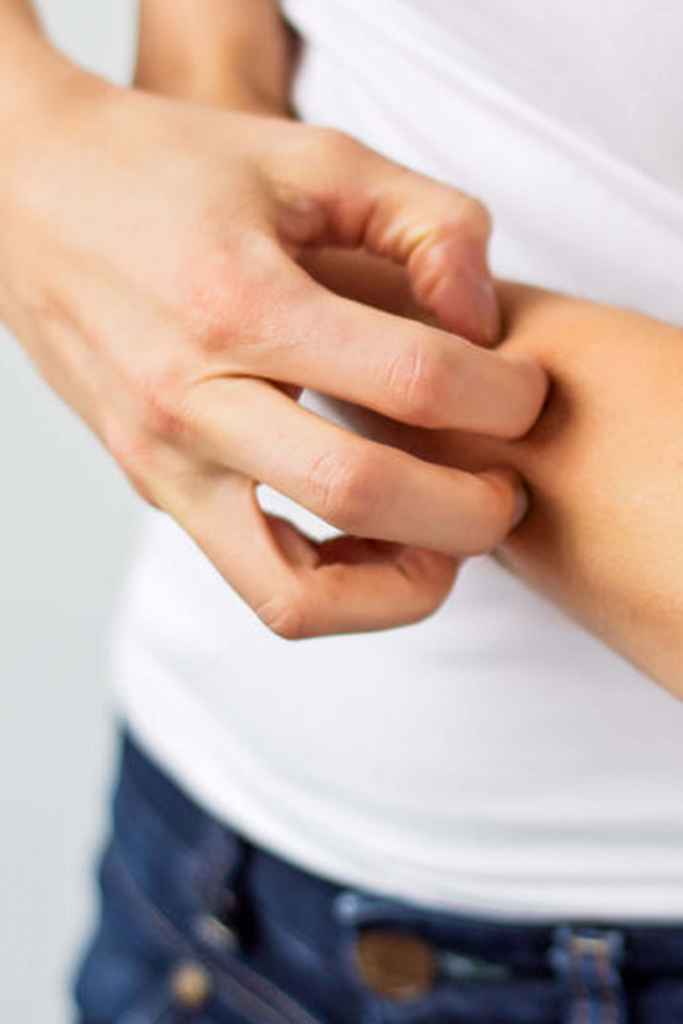 Eczema is a fairly common skin disorder. Technically, eczema is not a single disease, but a reaction pattern produced by various conditions.
Eczema is a fairly common skin disorder. Technically, eczema is not a single disease, but a reaction pattern produced by various conditions.
Eczema is very common amongst those individuals suffering from hay fever and asthma. Often, this condition begins with the appearance of dryness or redness. Because it is quite itchy, the skin will begin to thicken in response to scratching. If you are suffering from eczema, it is important to diagnose the type of eczema you are suffering from to get treated effectively.
What Causes Eczema?
It is believed that this skin disease develops due to a combination of environmental and hereditary factors. Young children are likely to develop eczema if one or both of their parents have suffered from eczema. Stress is not a cause of eczema but is a common reason for exacerbation. Some of the most commonly known causes of eczema include:
- Atopic Dermatitis- genetically predisposed cause of eczema starting in infancy
- Contact Dermatitis- rash from coming into direct contact with an allergen or irritant such as hair dye, adhesives, soap and cleaning products, metals containing nickel, perfumes and antibiotic creams.
- Dyshidrotic Eczema- tiny itchy bubbles most commonly on the sides of fingers, usually in someone who washes their hands a lot.
- Asteatotic/Xerotic Eczema- inflammation from chronically dry skin, especially in elderly patients
- Venous Stasis Dermatitis- inflammation from poor circulation seen in elderly patients
Eczema Symptoms
Eczema symptoms differ from person to person and may range from itching to even burning. Look for:
- Red, inflamed skin
- Dark rough patches with increased skin markings
- Oozing or crusting- which may or may not be infected
- Rough scaly patches of skin
- Blisters
Eczema Diagnosis
In order to determine the specific form of eczema you might have,it is recommended to see a board-certified dermatologist. Usually it is a clinical diagnosis, but sometimes biopsies or allergy testing (patch testing or skin prick testing) may be necessary.
Eczema Treatment
Often times, in addition to the use of creams and topical medications, we will help patients to make certain lifestyle changes and adjustments to certain specific habits that may be causing adverse skin reactions. Some of these lifestyle choices include:
- Avoidhot baths.
- Moisturize your skin daily, especially right after bathing when skin is moist
- Use a mild cleanser without harsh chemicals or fragrances
- Avoid activities that make you sweat too much.
- Wear loose cotton clothes
- Rinse off chlorine and moisturize after being in a pool
For more information on treating your eczema and other skin issues, be sure to call Nova Dermatology today.


